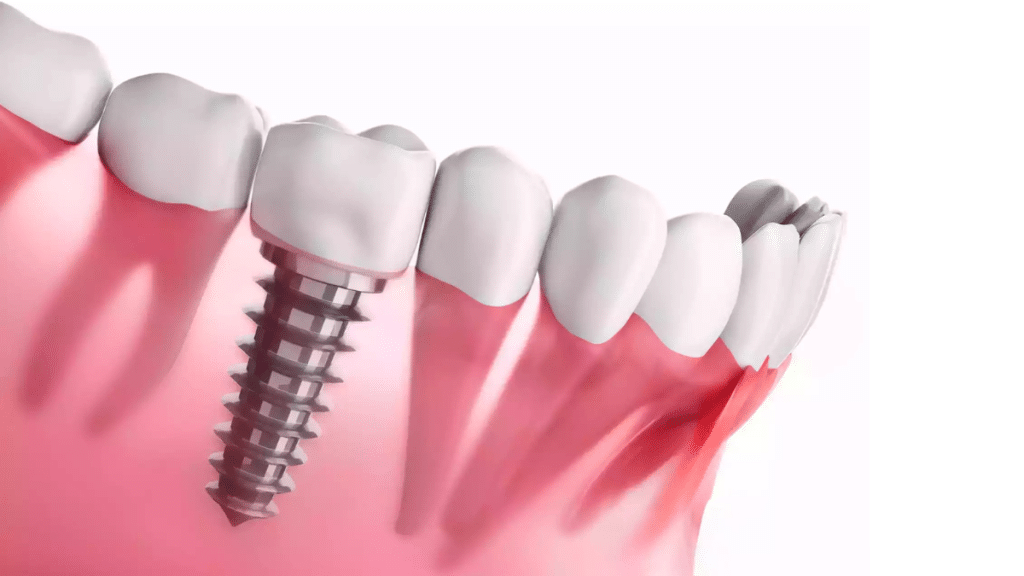Did you know that tourists who come to Turkey for dental treatment save up to 80% compared to Europe and America?
Increasing dental health costs, particularly in Western countries like the UK and the US, are leading patients to seek treatment in other countries, a trend that is steadily increasing.
For example, according to a study published in the journal Nature and conducted by the British Dental Journal, it was revealed that some dental treatments in New Zealand saw an increase of more than 200% from 1978 to 2023.
This rise in costs is almost an inevitable outcome, pushing patients toward more affordable destinations.
In this sense, Türkiye is one of the countries that has hosted the most health tourists in recent years.
By 2030, Turkey’s annual income from dental health tourism is expected to exceed $1 billion.
However, dental implant prices in Turkey vary greatly between clinics.
So what are the main factors affecting these price differences?
Key Cost Driver #1: The Brand and Material of the Implant
Implant materials are made of either zirconium or titanium, and their properties vary accordingly. For example, zirconium provides a more aesthetic appearance and is better suited for people with allergies, but it is less durable than titanium.
Different implant brands manufacture zirconium and titanium implants with varying levels of quality.
In addition to high-quality brands such as Nobel, Osstem, and Straumann, some implant brands produced in Turkey are also used.
Although there are high-quality Turkish implant brands, their pricing policies vary due to factors such as marketing strategies and after-sales support.
Therefore, the brand of the implant and its market position are among the most important factors influencing prices.
Key Cost Driver #2: Complexity of the Procedure
Complex procedures like sinus lifting and bone grafting require more labor and resources, which drives up costs.
Additionally, as the number of implants required increases, so do the costs and the time the dentist must spend.
Key Cost Driver #3: Dentist’s Experience and Expertise
Factors such as whether a dental clinic and dentist are members of international organizations and how long the dentist has been performing implant treatments lead to price variations in the market.
As a clinic’s popularity grows, so does demand, often resulting in higher prices.
Dentists who are renowned in their field charge higher prices due to their expertise and craftsmanship.
Key Cost Driver #4: Package Deals and Additional Services
Dental implants usually require multiple visits. Patients traveling to Turkey for this purpose generally stay in the country for 7 to 10 days per visit.
During their stay, factors such as
– The quality of the hotel
– Whether meals are included
– VIP transfer services
…can significantly impact overall costs.
Key Cost Driver #5: High Volume, Low-Profit Strategy
Many Turkish clinics perform a higher volume of procedures compared to their counterparts in the US, UK, or Europe.
Since more procedures require more dentists, some clinics adopt a lower pricing strategy to keep their doctors fully booked.
These high-volume clinics may be willing to accept lower profit margins, offering services below the market average while still maintaining high standards.
Making an Informed Choice
Understanding the factors behind the variability in implant treatment costs helps patients make more informed decisions. While cost is a key consideration, it is equally important to evaluate the clinic’s reputation, years of experience, online reviews, and the quality of post-operative care to ensure the best choice.
